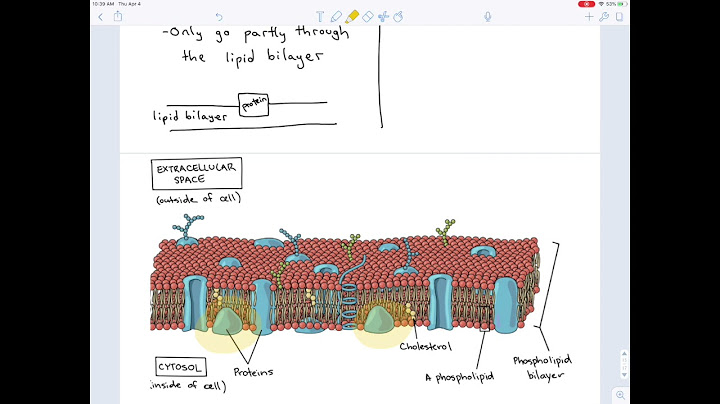Currently, I’m studying a masters in Occupational Therapy. I also completed my Bachelor of Science with Honours in Psychology at Leeds Beckett University. This is the perfect opportunity to shed some light on the major changes that take place from undergraduate to postgraduate study. Show The jump from undergraduate to postgraduate can seem daunting at first but it is imperative not to feel intimidated at the prospect of starting a masters. After all, you would have already shown your academic abilities at undergraduate level. Why study a masters and how is it different to undergraduate study?The term 'undergraduate' refers to a Bachelors degree, while 'postgraduate' is used to describe graduate students studying for a second qualification, typically a masters, postgraduate certificate (PGCert) or postgraduate diploma (PGDip). Masters is ideal for those who want to study a particular subject in greater detail, and can help improve your employment opportunity. Teaching and LearningThroughout your education, you have gradually been given more independence with your learning. At undergraduate level there are set structures and regular time is set aside for seminars, lectures, workshops giving us students a gentle nudge from time to time. However, a postgraduate course tends to be more self-driven where you motivate yourself and learn independently, there will be set timings for lectures and practical classes nonetheless, the teaching and learning experience will be a lot different at postgraduate level. You will have more freedom (and it will be scary to begin with)Compared to a bachelors, students have a lot more freedom during a masters. Freedom and flexibility to explore new grounds of research, and a dissertation is the perfect platform from which to do this. Similar to bachelors, you will be allocated a dissertation supervisor, who is part of a support network designed to help you succeed in your studies. You will be able to rely on their advice and expertise over the course of your Masters. Unlike your undergraduate dissertation, a Masters dissertation can vary anywhere from 15,000 to 50,000 words. That being said, as postgraduate programmes have fewer students enrolled on them, you can expect to have more academic attention lavished on you at masters level. TimeIt typically takes one to two years to complete a postgraduate masters degree, compared to three years of your undergraduate studies. Naturally, postgraduate study is a lot more intense, with immense opportunities for specific specialisms; focusing on your chosen subject area compared to undergraduate study where you must fulfil the credit obligations to progress further. Depending on your area of study, contact time may be reduced during postgraduate whether that is due to independent study or placement opportunities. For instance, during the completion of my undergraduate I learnt about different aspects of human behaviour and developed transferable skills solely within the university setting. However, while completing my MSc Occupational Therapy I have had the opportunity to try out my skills by using the university's specialist equipment, ready for placement. My postgraduate courses also encourage you to take part in placements as well. My placement will give me real-life practice, diverse, first-hand experience which I will be able to utilise for my future career. Studying alongside different kinds of peopleUndergraduate classes are relatively larger, mostly comprising of young adults who have just finished their A-levels. Though there are plenty of students who go straight onto a masters from their undergraduate degree. There is usually be a sizeable cohort of people who come from different walks of life, taking wildly different journeys to end up on the same course. This is certainly the case on the Occupational Therapy programme. Most of my course-mates are either mature students or international students who bring their unique experiences and perspectives to bear on the course. The mixture of ages, backgrounds and nationalities on my course makes for a genuinely stimulating learning environment.
HinaHi, I’m Hina. I’m currently studying my masters in Occupational Therapy, but I also studied my BSc Psychology here too. You might recognise me, I’m the friendly face that greets you on the Leeds Beckett website. More from the blogAll blogsManage your preferencesThe Leeds Beckett website is designed to enable you to manage your own privacy preferences. By clicking on 'Cookies' below you can manage what data the site collects about your browsing. This will only maintain if you are on your own device or using a synched version of your chosen browser. If you are using a shared or public machine without synching your browser then there is no need to change the preferences. Our site is built with accessibility in mind and we seek to adhere to the WACG AA levels of compliance for digital accessibility. To support that we have provided instructions on managing animations below. Cookies
Animations & Interaction
Who are called graduates?1. a person who has received a degree or diploma on completing a course of study, as in a university, college, or school. 2. a student who holds the bachelor's or the first professional degree and is studying for an advanced degree. 3.
Is master's degree graduate or postgraduate?A masters degree is one of the most common postgraduate courses completed after undergraduate study. This postgraduate qualification can take a number of different forms, but what they all have in common is that they usually require an undergraduate degree to gain entry.
|

Related Posts
Advertising
LATEST NEWS
Advertising
Populer
Advertising
About

Copyright © 2024 themosti Inc.




























